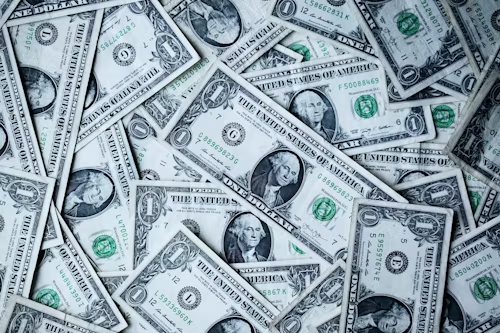Nigeria will increase its Value Added Tax (VAT) payment by 10% starting in 2025, as part of the government’s efforts to boost revenue. The Nigerian National Assembly is currently reviewing a comprehensive bill that proposes a significant overhaul of the country’s tax structure. Amongst other things, this bill specifically targets an increase in the Value-Added Tax (VAT) from 7.5% to 10% by 2025. According to The Cable, the bill outlines a phased approach, eventually raising VAT to 12.5% by 2026 and reaching 15% by 2030.

This proposal has sparked considerable debate among economists, government officials, and politicians. Some argue that the VAT hike will boost government revenue for infrastructure and essential services. However, others others express concern over its potential impact on Nigeria’s economy and citizens.
This increase aims to fund key infrastructure projects and improve public services. Officials expect the change to affect prices of goods and services across various sectors. These include retail, hospitality, and telecommunications, etc. The government encourages businesses to prepare for the new tax structure, emphasizing compliance to avoid penalties. While some industries have raised concerns about the potential impact on consumer spending, the administration argues that the increase will provide necessary funds for national development.
With this hike, Nigeria aligns more closely with other African countries, such as South Africa (15%) and Kenya (16%).
However, opposition voices have emerged. Former Vice President Atiku Abubakar criticized the proposal on September 8, calling it “regressive and punitive.” He warned that increasing VAT payment now would disproportionately affect low-income households, worsening inflation and pushing vulnerable Nigerians further into hardship.
While the bill is still under review, the VAT hike is seen as a broader strategy to strengthen Nigeria’s financial position . The debate continues over the best way to balance revenue generation with protecting the most vulnerable in society.


